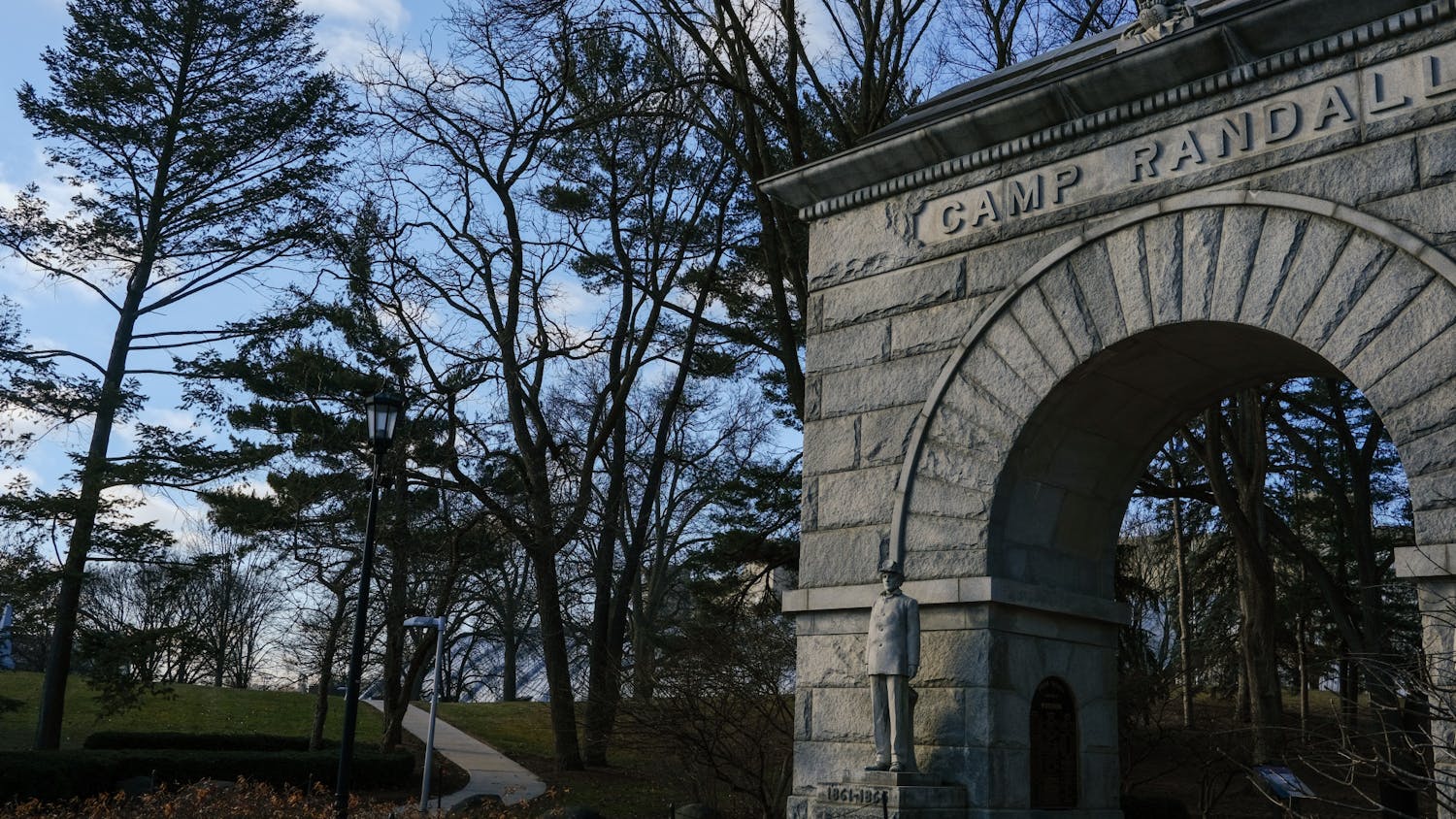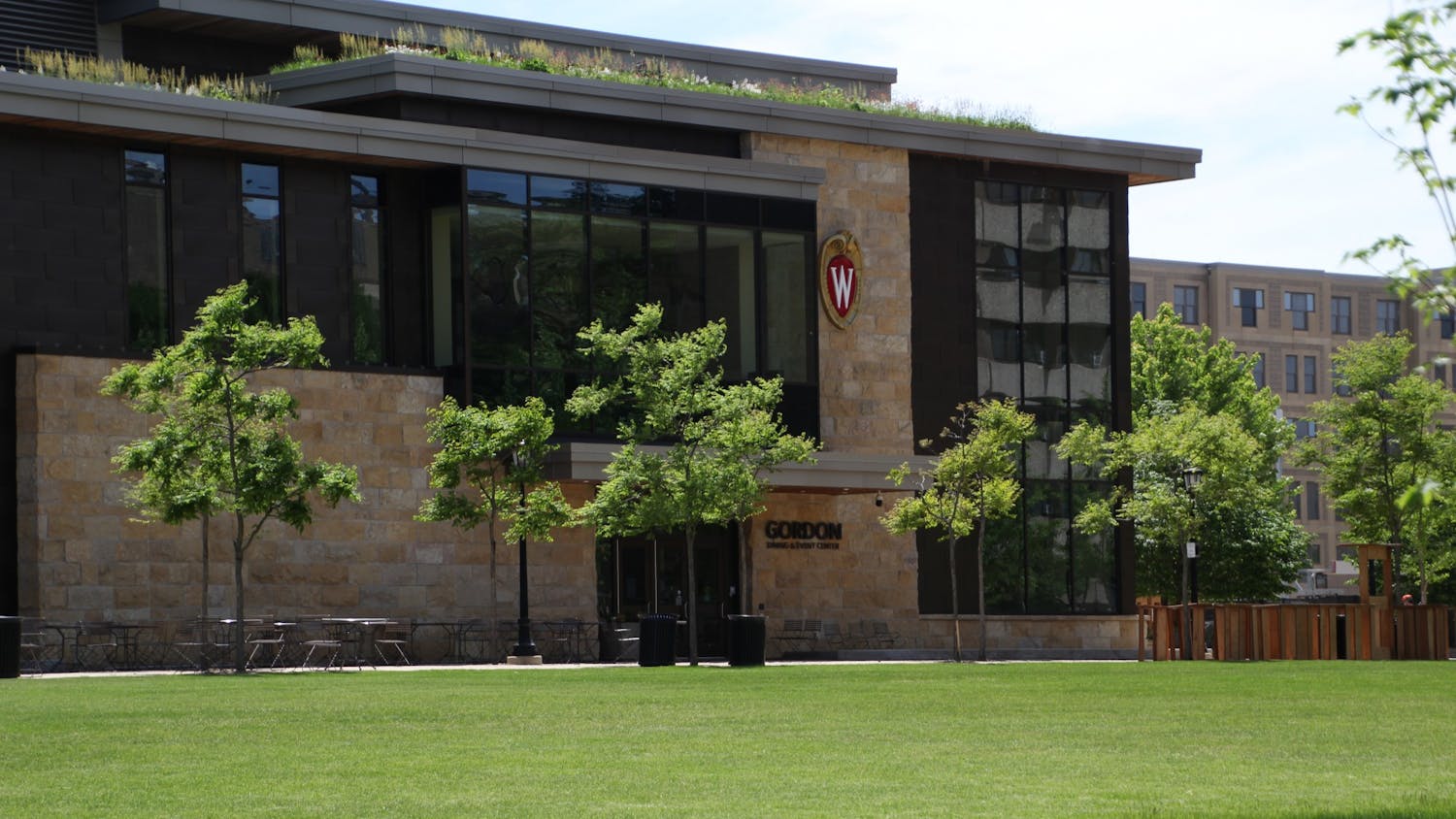At least 16 complaints have been taken up with ASM Student Judiciary this academic year — a 220 percent increase from the previous year.
Most of the cases have been brought against Rachel Widra and the ASM Grant Allocation Committee.
Widra, the committee chair, attributes this rise in cases to a change in GAC policy.
“We used to send out just an automatic [grant] denial notice and now I just updated it to include a line about appealing and the appeals process through Student Judiciary,” Widra said. “I think a lot of people didn’t know that option to appeal.”
Registered student organizations can apply for segregated fee funding during each school year. If their request is denied, they can take the case up with the ASM student justices, led by Chief Justice Will Olson.
Informing students about their rights through Student Judiciary is important to both Widra and Olson.
“[Student Judiciary] serves as the neutral arbitration body to make sure that the allocation process is fair and inclusive, and I hope that we can help give students faith that student government is held accountable for their actions,” Olson said.
But GAC is hoping to increase transparency even further in the coming semesters. Some grants are denied, Widra explained, because student groups don’t understand that they are breaking ASM policies which would disqualify them from GAC funding.
A stream of cases came after an organization, which had their grant revoked for failing to follow ASM bylaws, reported several other organizations for similar breaches in policy.
“I’m not going out of my way to find policy violations, but this group basically did that for me. They researched every single group that had applied all year and they forwarded me a large Excel spreadsheet, highlighting groups that had broken policies,” Widra said.
The group put her in a “tough place,” Widra said. Her options were to reinstate their grant and ignore the policy violations, or revoke the grants of every group which had violated ASM policy.
“I wasn’t willing to reinstate their grant basically through blackmail,” Widra said.
Many of these groups were unaware of their policy violations until their grants were revoked. In order to limit the possibility of this happening, Widra is working to change the application process to limit future confusion. The committee recently received $40,000 from ASM’s reserve fund for the creation of a new grant application website.
For both Widra and Olson, the increase in cases just means the system is working.
“I’m not complaining that people are using the judicial system at all; I think that’s fair and right and we need those checks and balances,” Widra said. “It keeps GAC accountable.”






